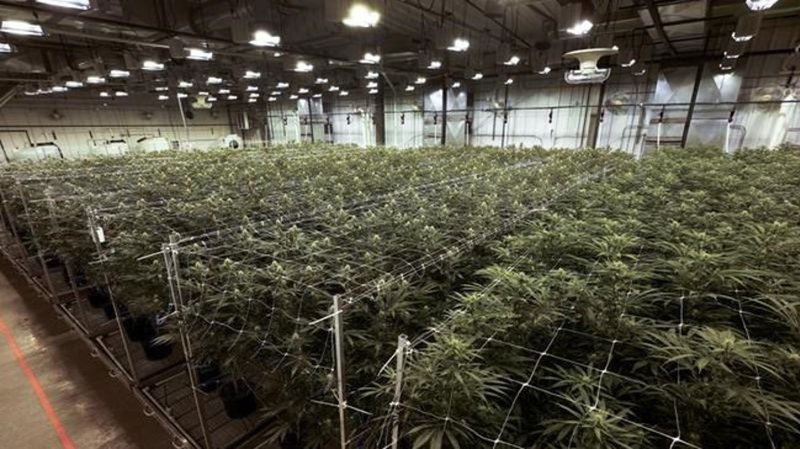
Arkansas rejects legalizing marijuana; Maryland approves
LITTLE ROCK, Ark. (AP) — Arkansas voters have rejected a constitutional amendment that would have legalized recreational marijuana in the state.
The proposal failed six years after Arkansas voters made the state the first in the Bible Belt to legalize medical marijuana. The state’s dispensaries opened in 2019.
The measure would have allowed adults 21 and older to legally possess up to one ounce of marijuana for non-medical purposes. It also would have allowed adults to buy marijuana for recreational use from state-licensed dispensaries.
The initiative drew millions of dollars from supporters and opponents of legalization, with ads crowding the state’s airwaves. Republican Gov. Asa Hutchinson, a former head of the federal Drug Enforcement Administration, opposed the measure.
